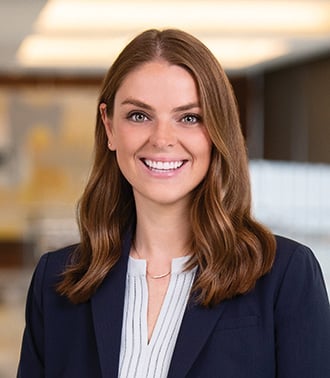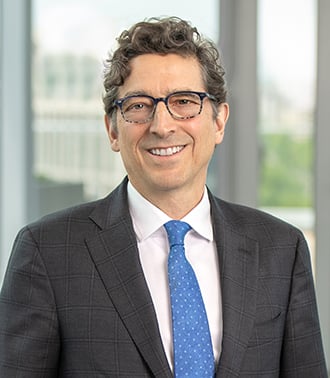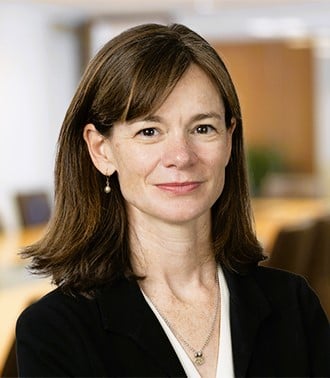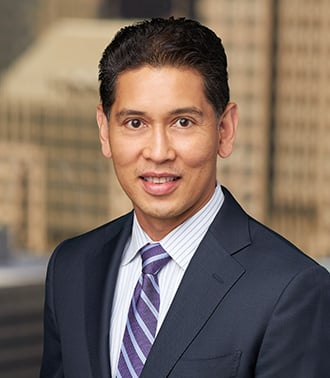Using Carrots To Wield Larger Sticks: Deputy Attorney General Lisa Monaco Announces New DOJ Pilot Program for Whistleblowers
Deputy Attorney General Lisa Monaco began Day Two of the ABA’s White Collar Crime Conference with a bang by unveiling a new DOJ whistleblower pilot program. According to Monaco, the pilot program strives to address a full range of corporate misconduct that otherwise might not fall under the umbrella of existing federal whistleblower programs. Monaco stated that DOJ is aiming to use “its carrots to wield larger sticks.” Monaco also previewed a new section of DOJ’s Justice Manual and touched on a topic that has engendered much conversation at this year’s conference: artificial intelligence (AI).
With respect to the whistleblower program, Monaco reiterated DOJ’s commitment to implementing policies aimed at incentivizing cultures of corporate compliance. She referenced DOJ’s recent push for voluntary self-disclosures (VSD), as well as recently launched programs in the Southern District of New York (SDNY) and the Northern District of California that are essentially VSD programs for individuals. Monaco piggy-backed on these programs with her announcement of a similar, yet more expansive, DOJ whistleblower pilot program. Monaco explained that, although other federal whistleblower programs like those from the SEC or qui tam actions have “proven indispensable,” they look “a bit like a patchwork quilt that doesn’t cover the whole bed.” Accordingly, DOJ’s new pilot program will aim to address a full range of corporate misconduct.
Monaco previewed certain details of the program, including that it will be a 90-day sprint for DOJ to implement the pilot program, with a formal start date later this year. The primary “carrot” of the program is that qualifying individuals who assist DOJ in discovering misconduct could receive a portion of the ultimate forfeiture amount. Monaco underscored an essential aspect of all whistleblower programs — the eligibility requirements. As with many other federal whistleblower programs, to be eligible for a reward, whistleblowers will have to (1) be first in the door and (2) offer information unknown to DOJ. Qualifying individuals also must not be involved in the criminal activity, which differs from SDNY’s recently launched whistleblower program. In essence, Monaco reiterated that potential whistleblowers should “knock on our door before we knock on yours.” Monaco promised that Nicole Argentieri, Assistant Attorney General for the Criminal Division, would discuss DOJ’s new whistleblower program further in her keynote address scheduled for tomorrow morning, the final day of the conference.
Monaco’s address touched on other significant topics as well. First, Monaco previewed that DOJ recently added a new provision to its Justice Manual regarding a disclosure program to incentivize companies to blow the whistle if they uncover misconduct in the course of an acquisition. The new addition codifies the disclosure program vis-à-vis acquisitions, including a key provision clarifying that the disclosure program applies only to bona fide arms-length transactions. Monaco also echoed statements made by Attorney General Merrick Garland yesterday regarding AI. Monaco cautioned that AI, like many emerging technologies, is a double-edged sword and “might be the sharpest blade yet.” To that end, Monaco stated the she has advised DOJ’s Criminal Division to incorporate into its guidance on evaluation of corporate compliance programs a company’s assessment of disruptive technology risks. Going forward, Monaco promised, prosecutors will be seeking stiffer sentences when AI is used to facilitate corporate crime.
We will whistle back with more news later!
© Arnold & Porter Kaye Scholer LLP 2024 All Rights Reserved. This blog post is intended to be a general summary of the law and does not constitute legal advice. You should consult with counsel to determine applicable legal requirements in a specific fact situation.





